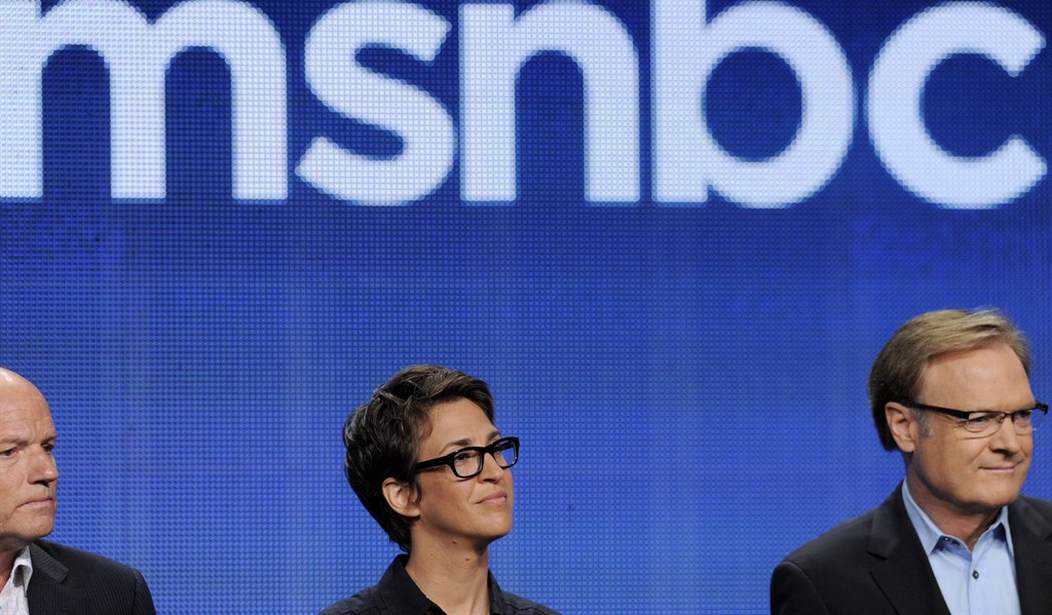What’s it like behind the scenes at MSNBC? Ratings and politics were at the core of every editorial decision, according to one former producer, forcing “skilled journalists to make bad decisions on a daily basis.”
In a letter about her July 24 departure from MSNBC, Ariana Pekary explains why she left.
“It’s possible that I’m more sensitive to the editorial process due to my background in public radio, where no decision I ever witnessed was predicated on how a topic or guest would 'rate.' The longer I was at MSNBC, the more I saw such choices — it’s practically baked in to the editorial process – and those decisions affect news content every day,” she writes on her personal website. “Likewise, it’s taboo to discuss how the ratings scheme distorts content, or it’s simply taken for granted, because everyone in the commercial broadcast news industry is doing the exact same thing.”
Pekary describes this as a “cancer” that “stokes national division” amid the civil unrest in the country, “risks human lives” during the pandemic, and threatens “our democracy" with the election coming up.
“The model blocks diversity of thought and content because the networks have incentive to amplify fringe voices and events, at the expense of others… all because it pumps up the ratings,” she writes.
Recommended
Regarding coronavirus coverage, amplifying President Trump’s failures was at the center of MSNBC’s strategy “rather than the science itself.”
At times producers would choose a story without regard to ratings but these were exceptions, she explains.
“I’ve even heard producers deny their role as journalists,” she writes. “A very capable senior producer once said: ‘Our viewers don’t really consider us the news. They come to us for comfort.’”
She closes by embracing the uncertainty of 2020, hoping to connect with her followers. “More than ever, I’m craving a full and civil discourse,” she says.

























Join the conversation as a VIP Member